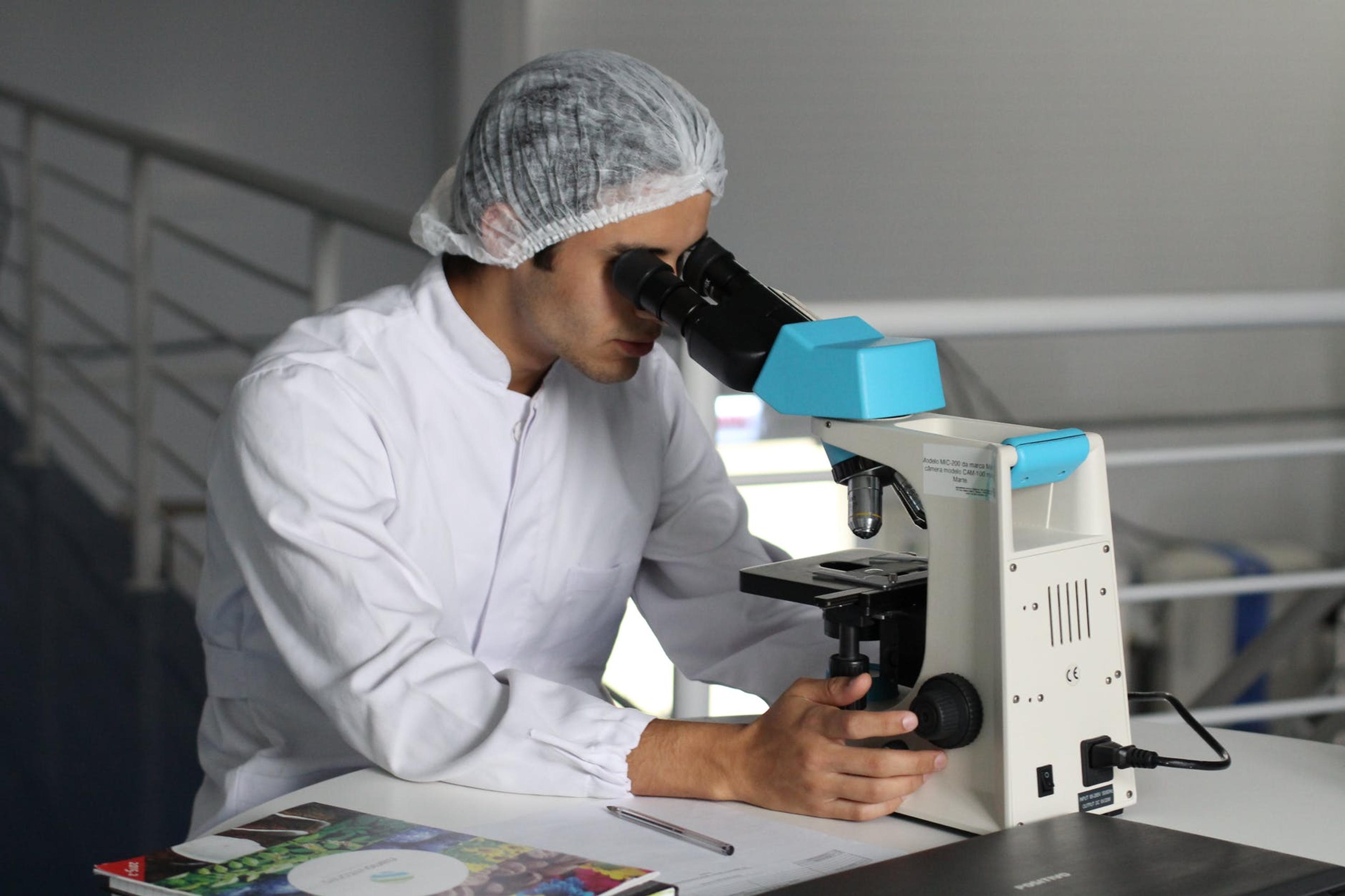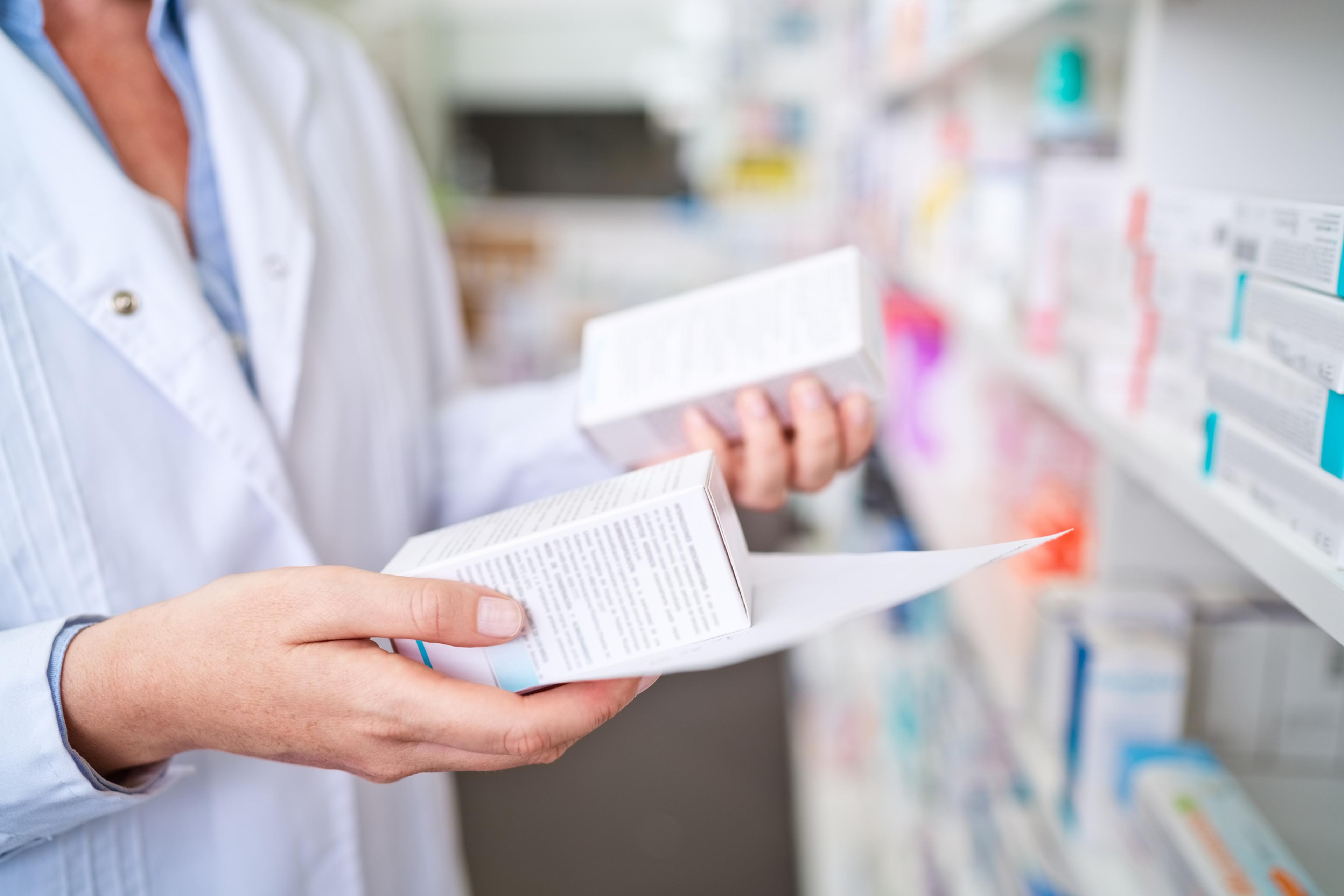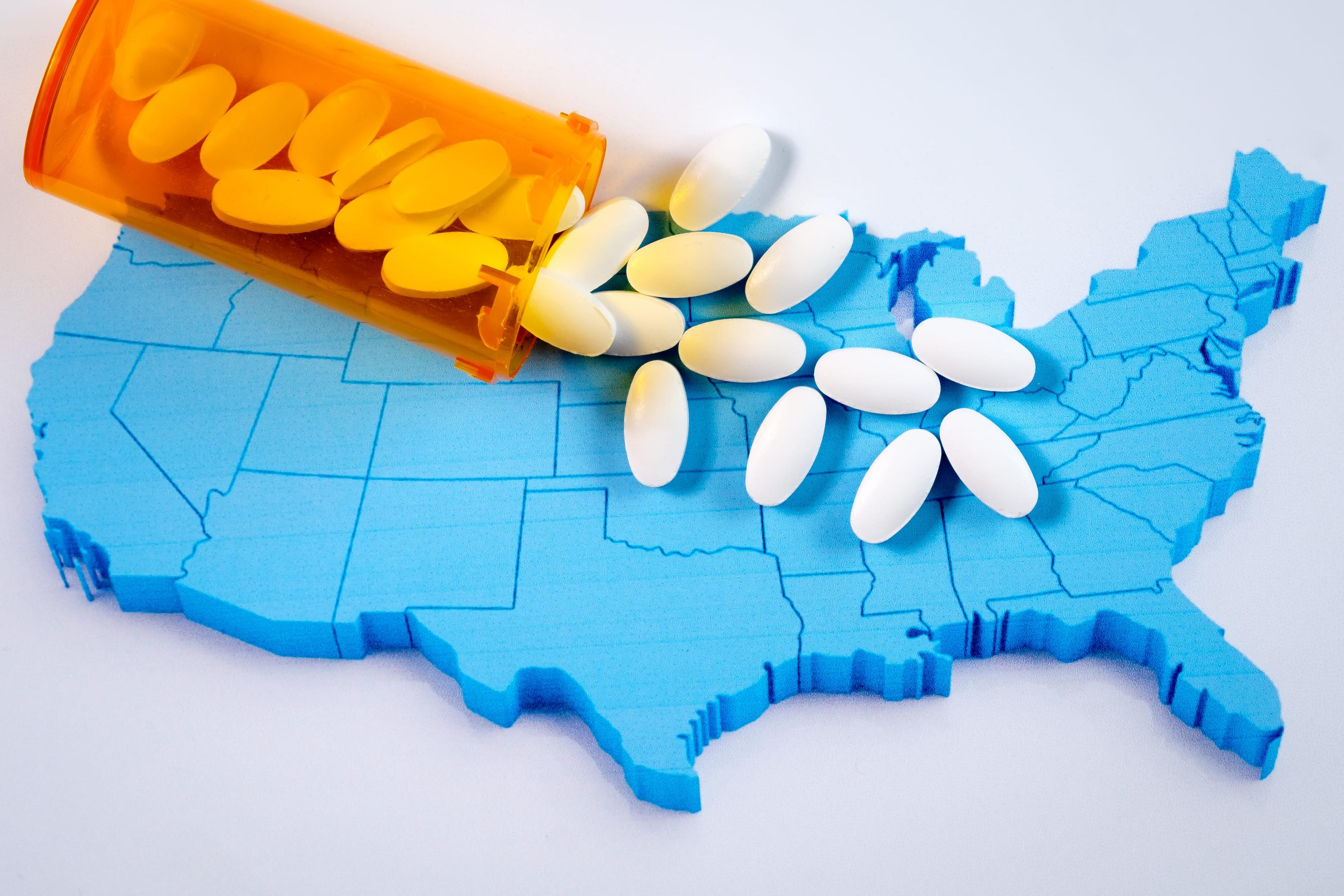
More than 130 million Americans (or 40 percent of the U.S. population) are living with a chronic illness, with nearly one-third of this group living with multiple chronic conditions. It’s anticipated that this number will grow to an estimated 157 million by 2020. With statistics like these, it’s highly probable that you currently have employees with a chronic illness, too. Advancements in modern medicine have introduced care options that make life more manageable for those affected by chronic diseases like diabetes, cancer and rheumatoid arthritis. Remicade® is one such drug. It treats autoimmune diseases like arthritis and psoriasis. Last year Remicade’s global sales hit nearly $5 billion. Highly similar versions of Remicade, known as biosimilars, are now available. What is a biosimilar? A biosimilar is a Food and Drug Administration-approved biological medication used to treat a variety of chronic illnesses. It is highly similar to an FDA-approved biologic drug (also known as a reference product), with no major differences between the two. Sounds like a generic drug. What’s the difference? We get where you’re going. For example, both biosimilars and generics are versions of previously FDA-approved medications and may offer more affordable treatment options to patients. Both go through a rigorous FDA review process to ensure they’re just as safe and effective as their reference products. On the other hand, biosimilars are usually derived from natural and living organisms like their biologic reference products, while generics are often made from synthesized chemical ingredients. What do health care professionals say about biosimilars? In general, health care providers and organizations who care for patients with chronic conditions endorse the safety, purity and potency of biosimilars as a treatment alternative. Biosimilars’ shortened research pathway avoids duplicating certain costly clinical trials, resulting in lower research and development costs. That leads to lower prices. Let’s talk brass tacks. Will biosimilars increase my business’ pharmacy coverage premiums? Biosimilars offer greater cost-saving choices for your business and employees, as the lowest cost drug is covered, and health care costs are reduced. Since biologics are often high-cost medications, the savings your employees see with biosimilars could potentially be higher than savings with generics. This, in turn, could result in even more savings and lower overall costs for your business. The FDA website* contains materials dedicated exclusively to educating patients about biosimilars. Employees should talk to their doctors if they have questions about biosimilar treatments. Understanding pharmacy coverage can be a process for your team. Equip yourself with the information you need to create informed employees by visiting bcbsmpharmacy.com and these MI Blues Perspectives blogs:
- Less is More: You May Not Need An Antibiotic
- Sifting Through the Clutter of Prescription Drug Ads with Clinical Guidance
- How Statins Help You Keep a Healthy Heart
Photo credit: Pixabay





